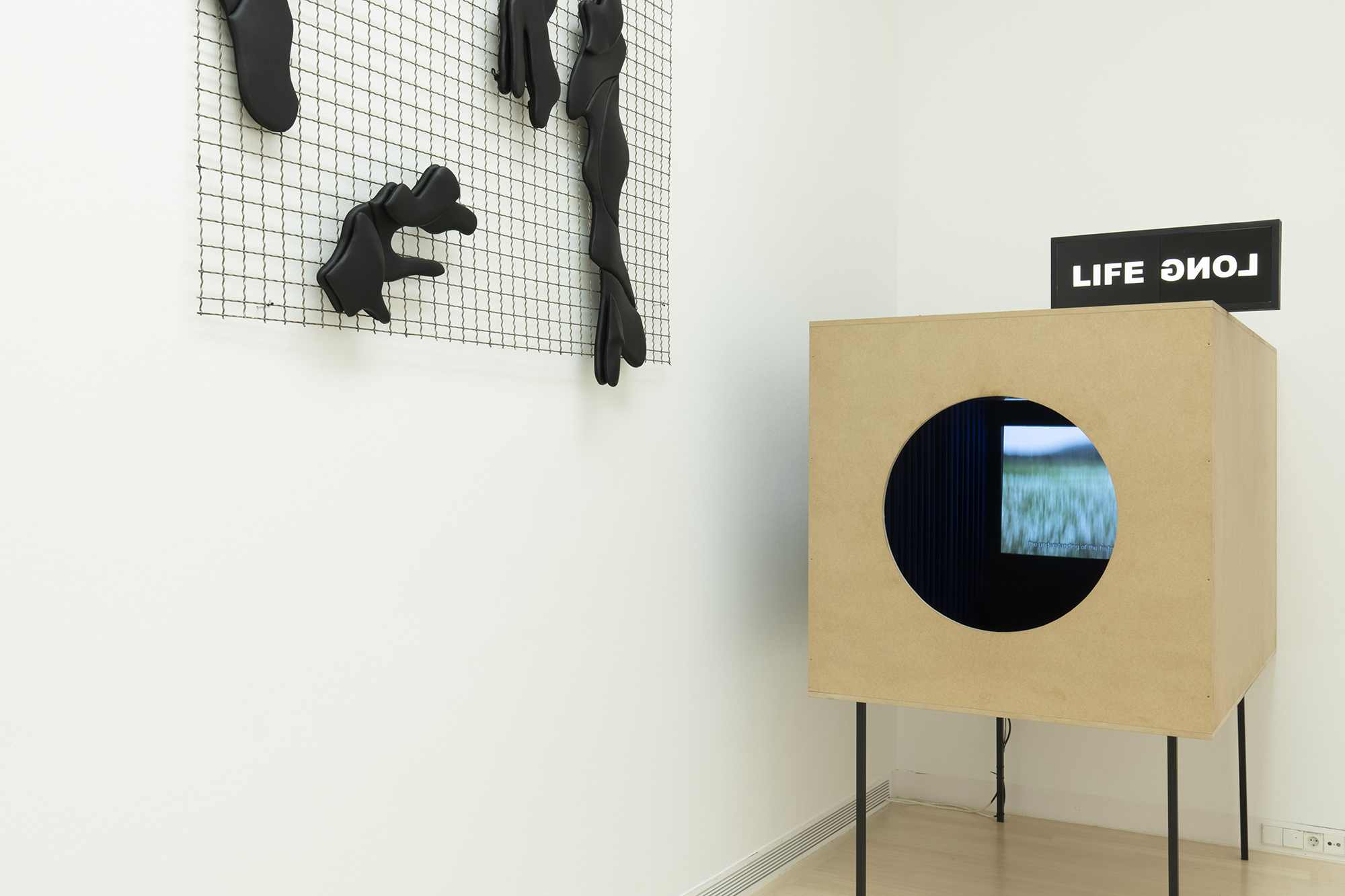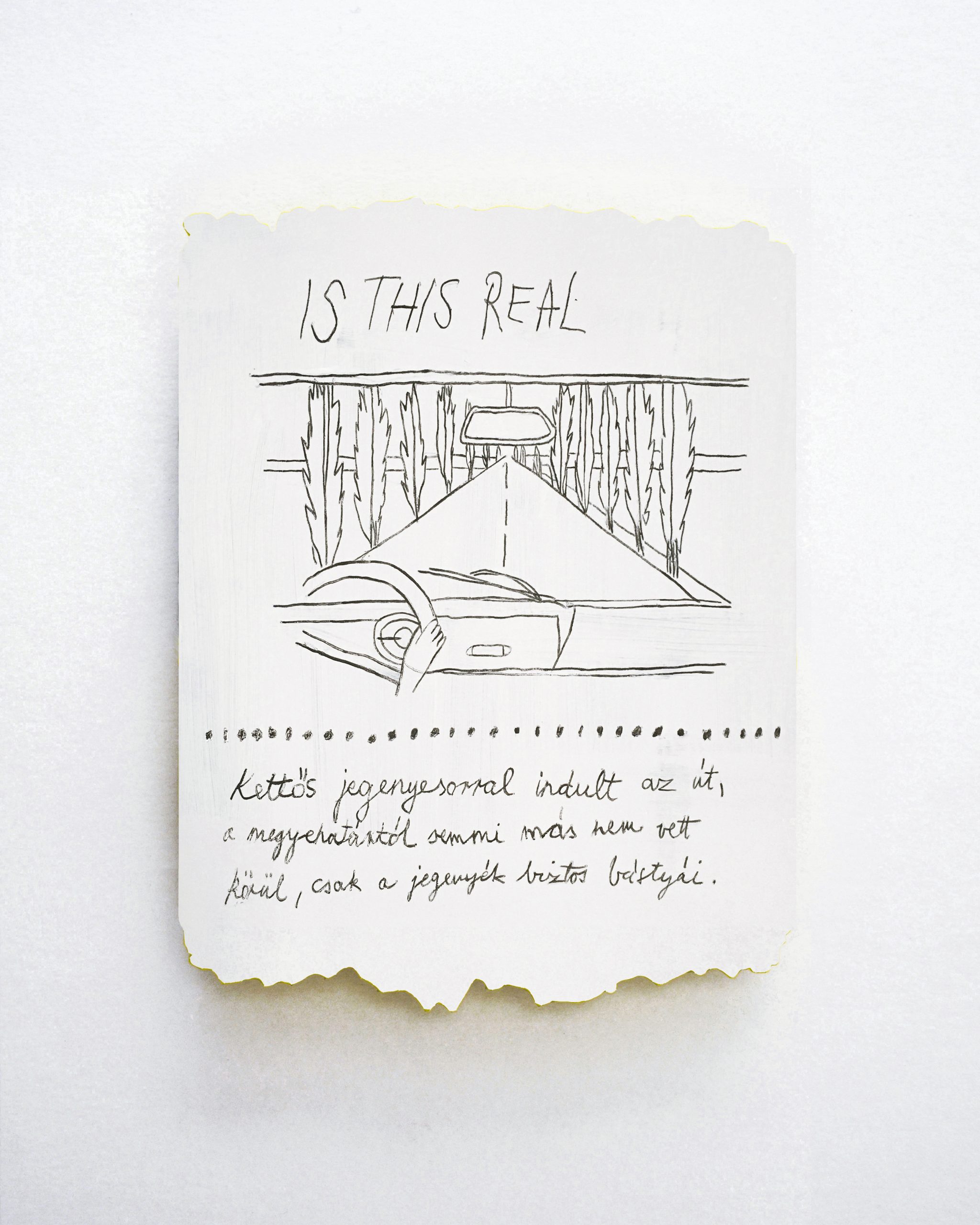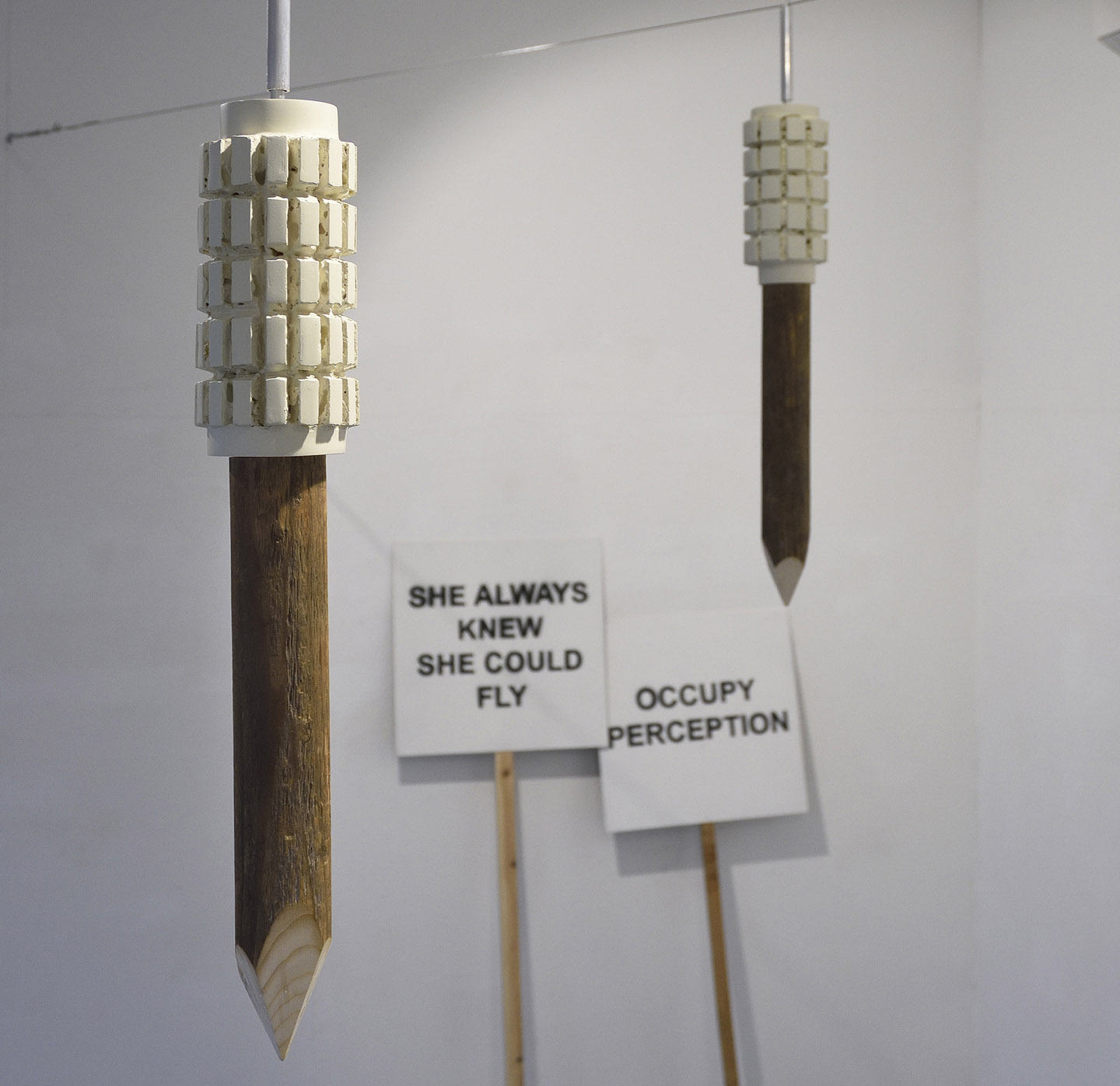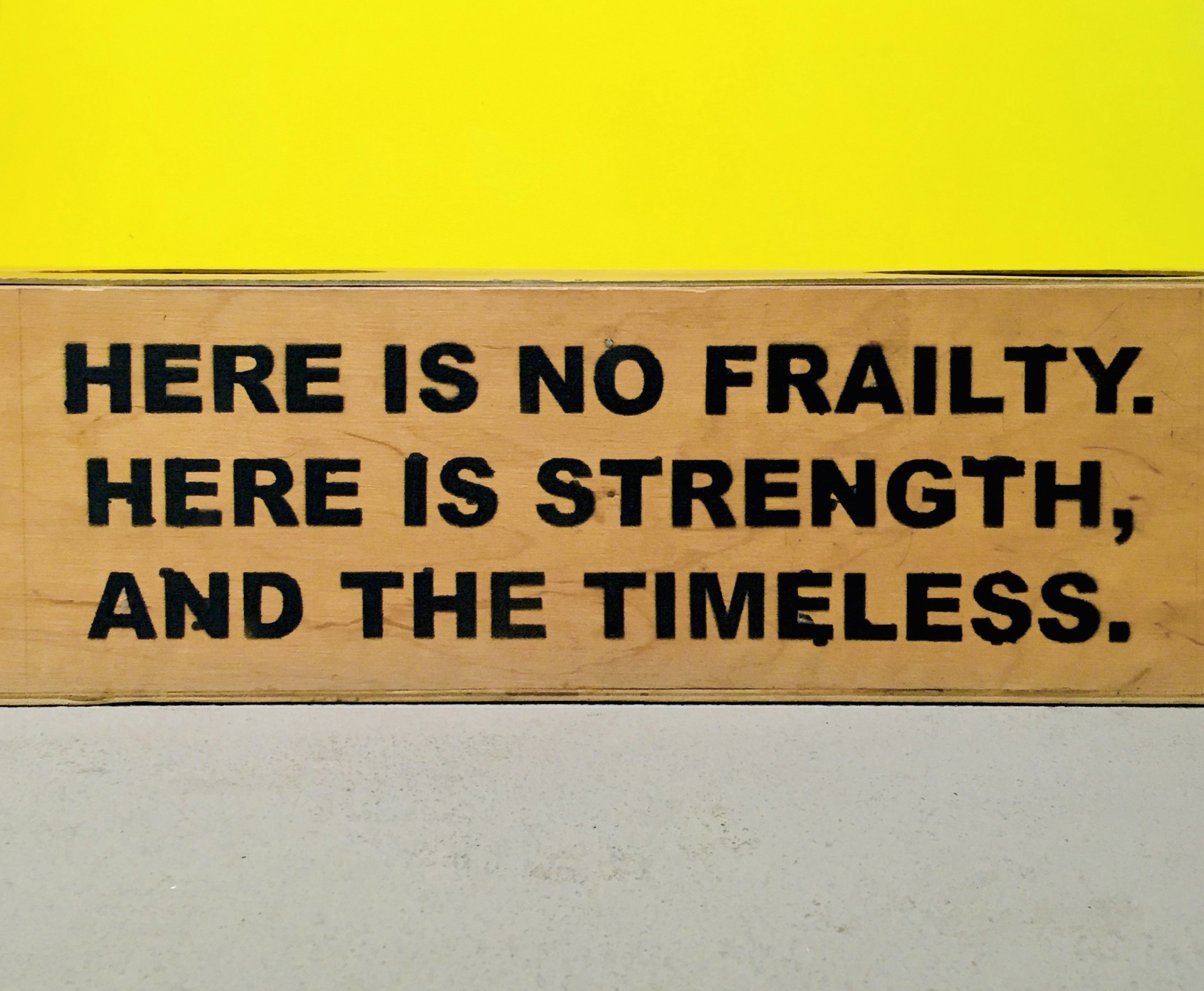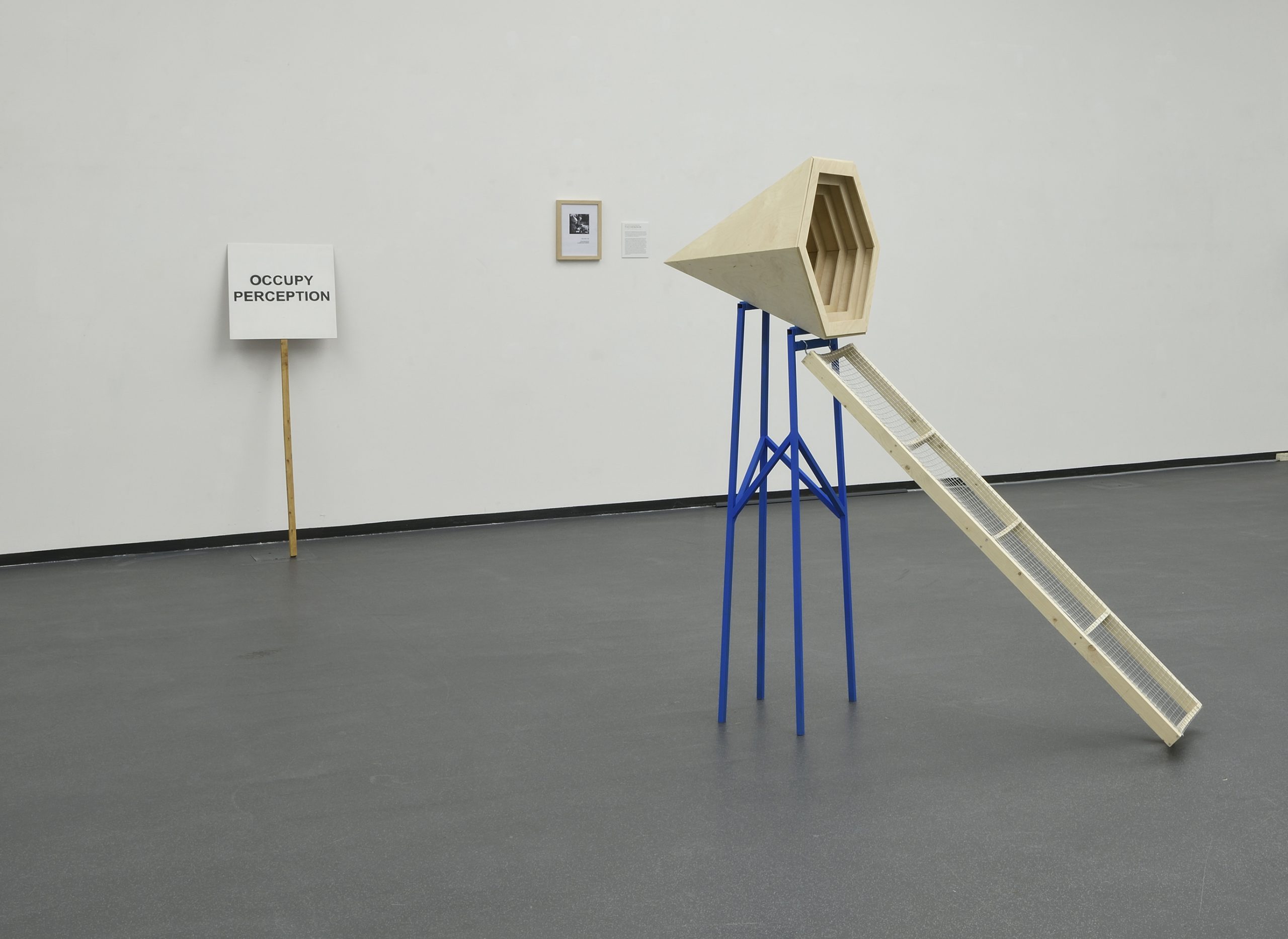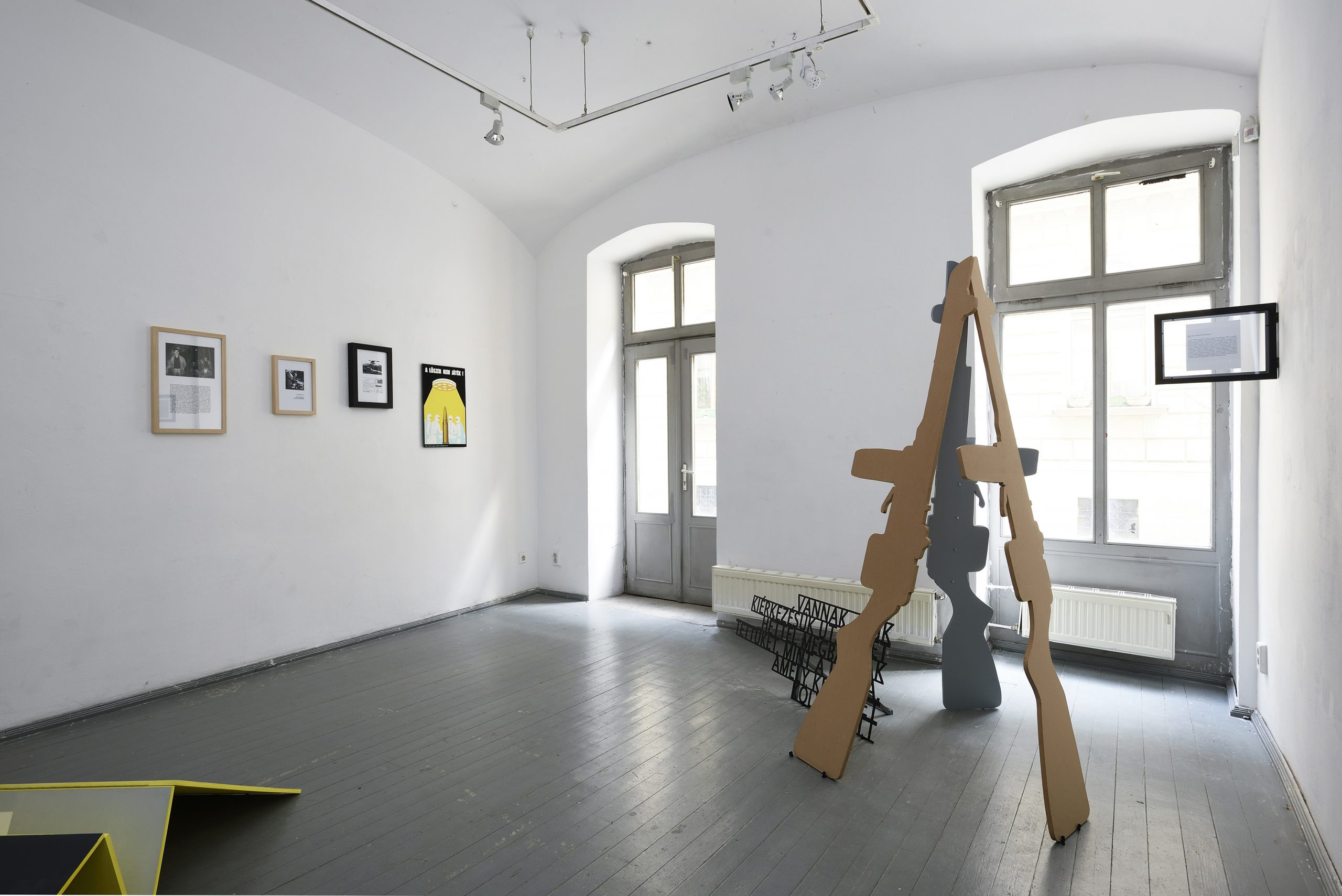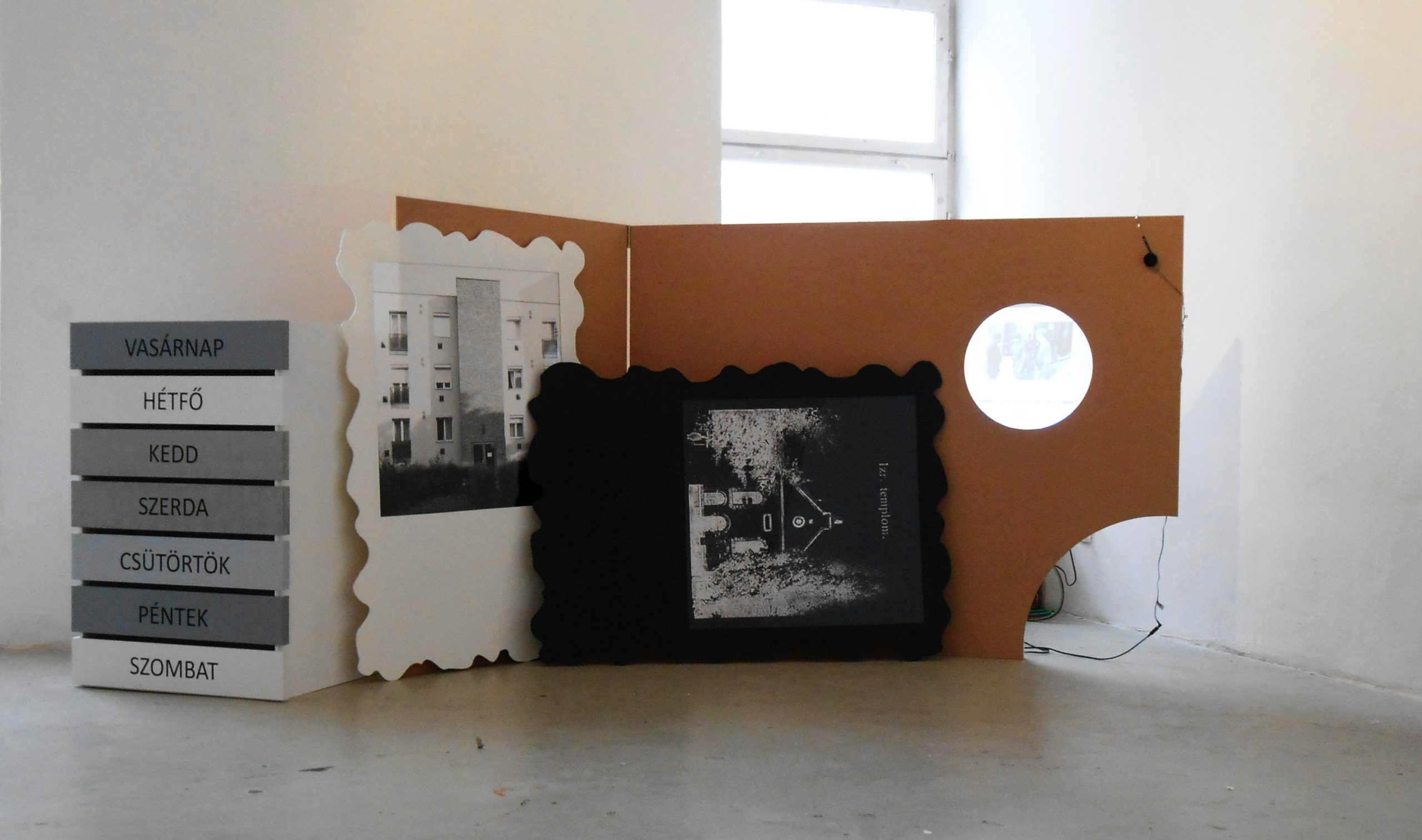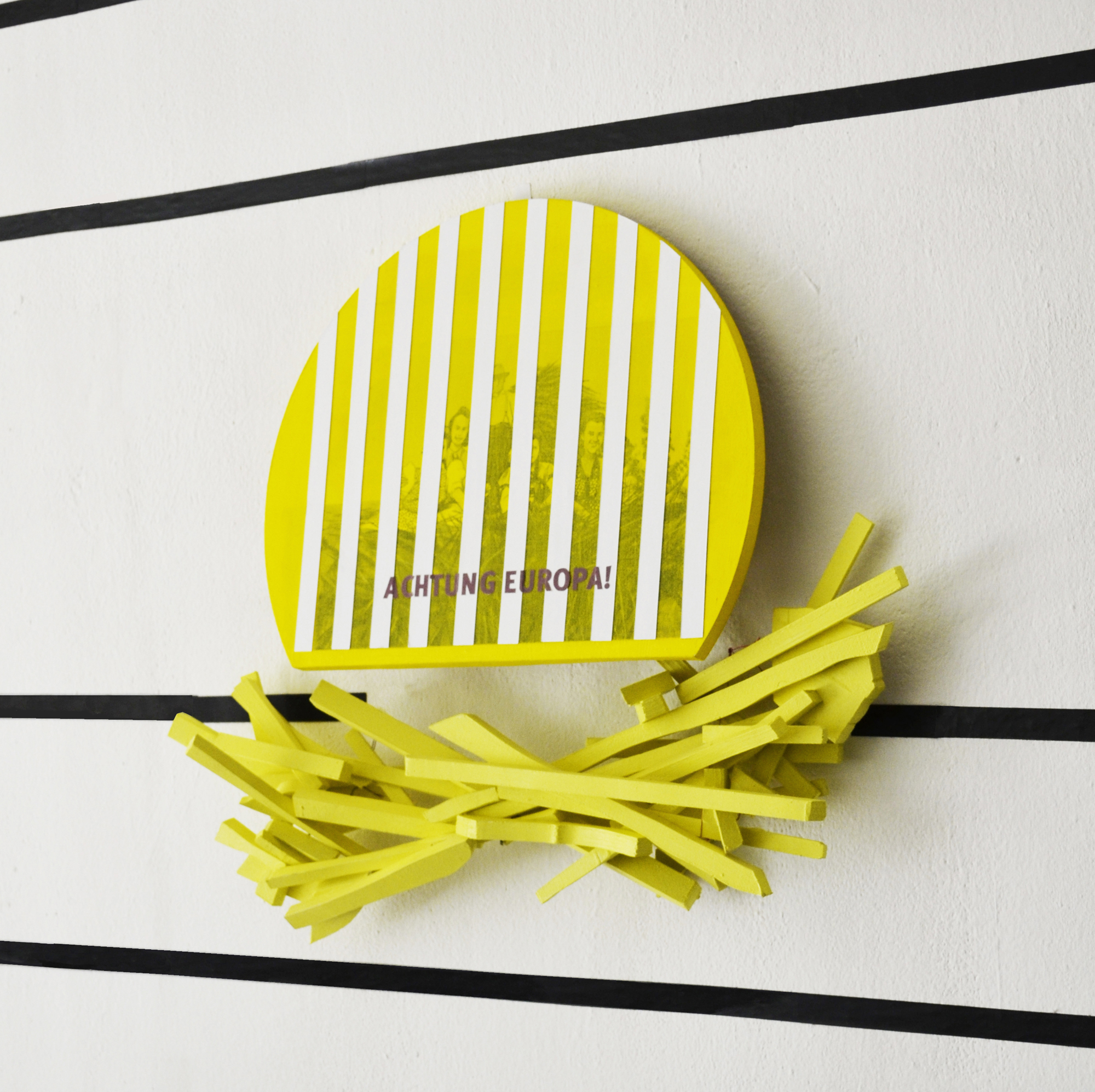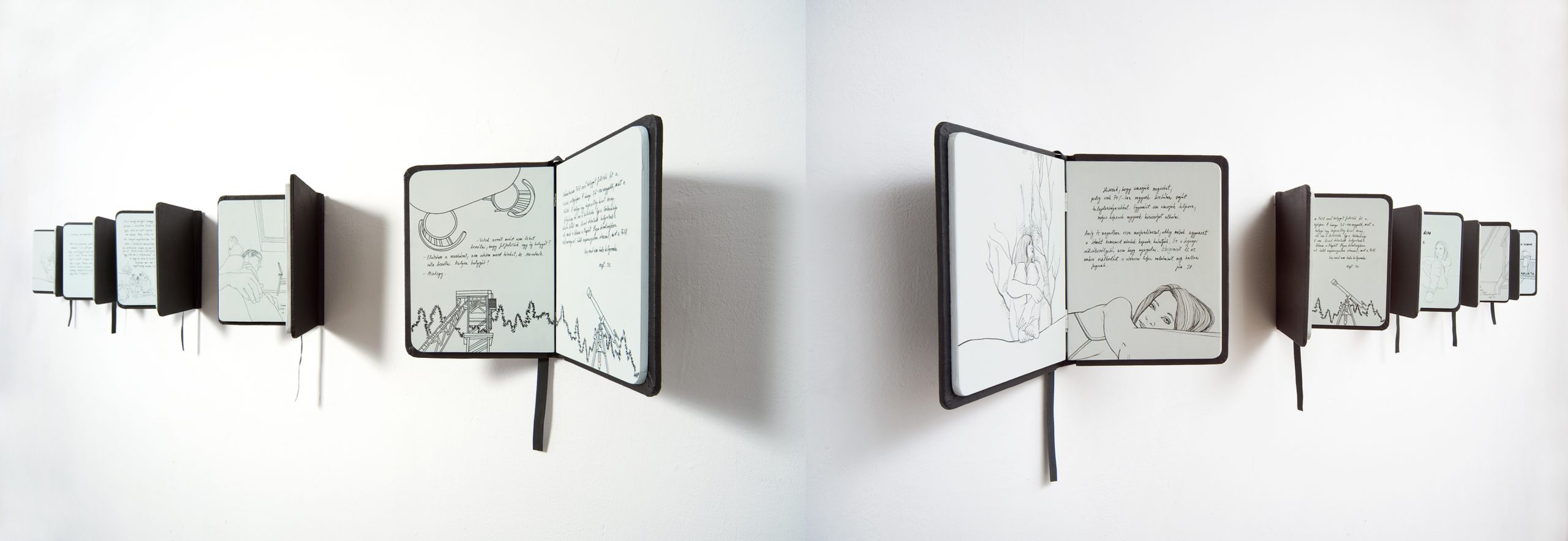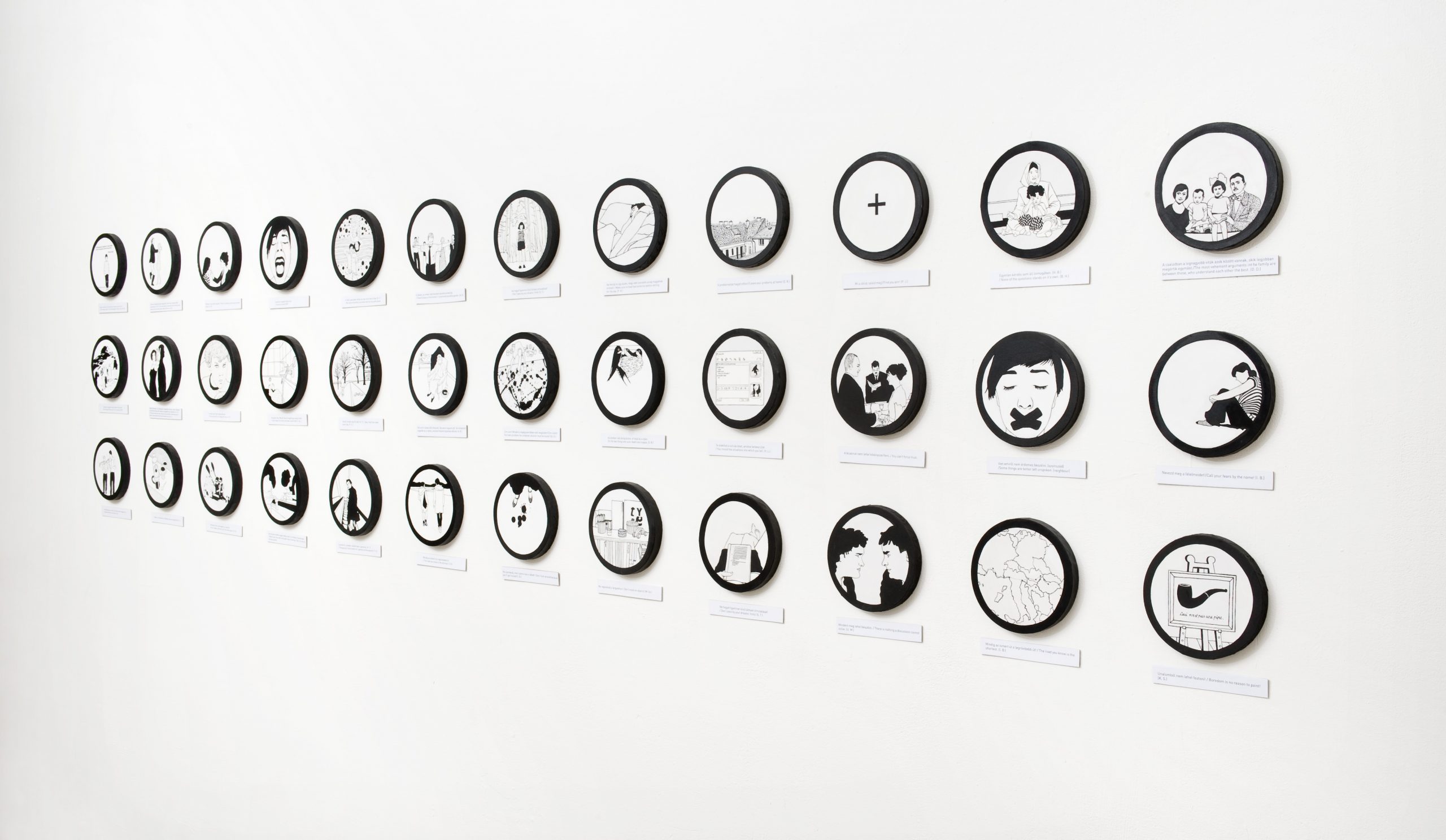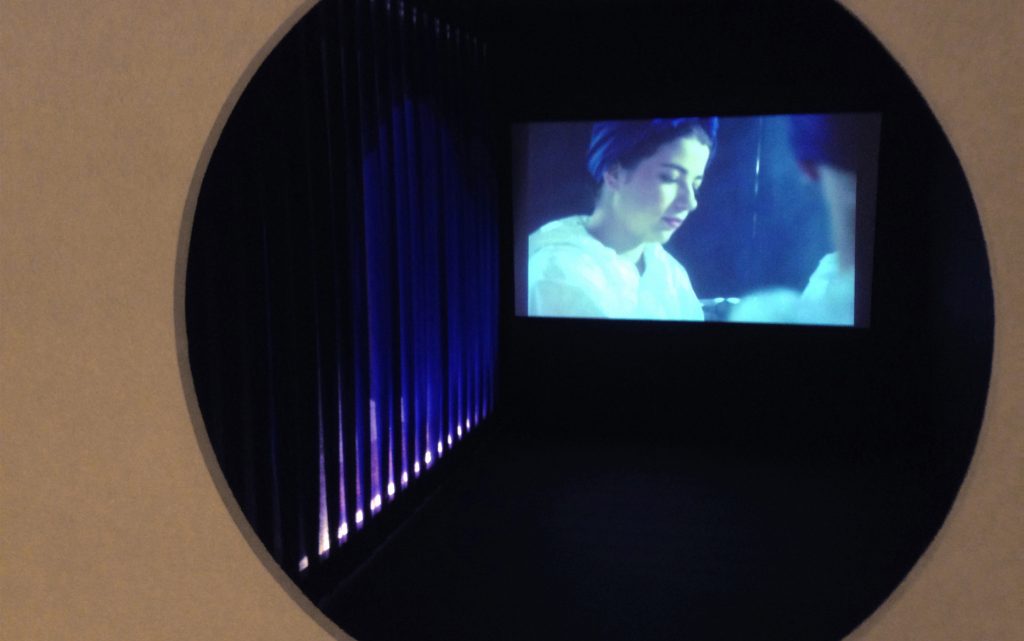
Eszter Sipos & Csaba Árpád Horváth: The Invisible Factory / Chapter 2. Exhibited at: Economize!, Ludwig Museum, 13th Oct. 2017 – 28th Jan. 2018. Curator: Katalin Tímár. Photo: Eszter Sipos
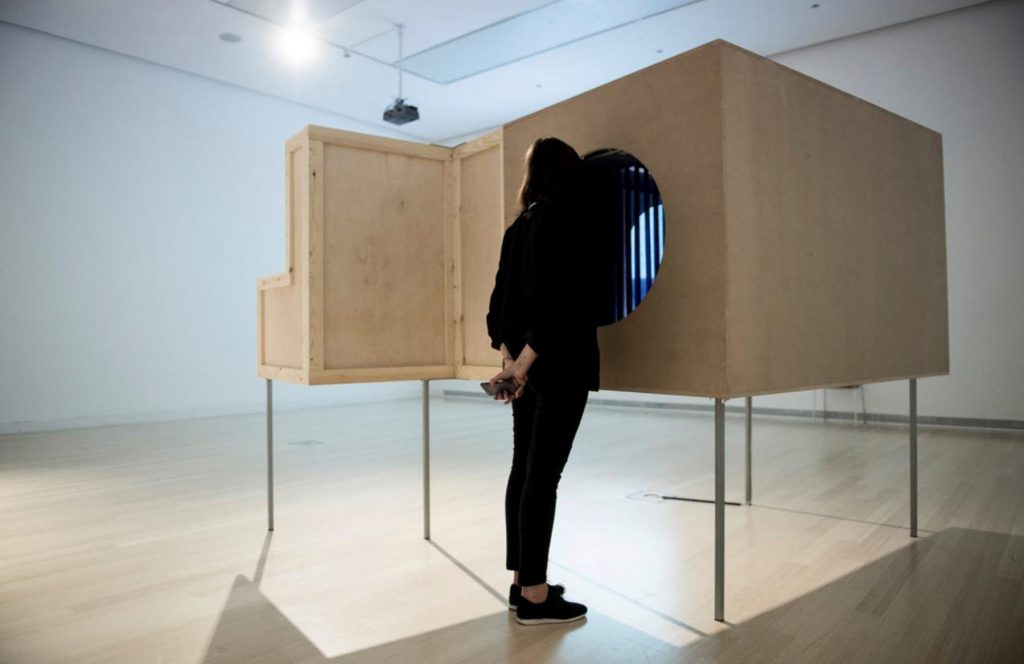
Eszter Sipos & Csaba Árpád Horváth: The Invisible Factory / Chapter 2. Exhibited at: Economize!, Ludwig Museum, 13th Oct. 2017 – 28th Jan. 2018. Curator: Katalin Tímár. Photo: Ludwig Museum

Eszter Sipos & Csaba Árpád Horváth: The Invisible Factory / Chapter 2. Exhibited at: Economize!, Ludwig Museum, 13th Oct. 2017 – 28th Jan. 2018. Curator: Katalin Tímár. Photo: Ludwig Museum 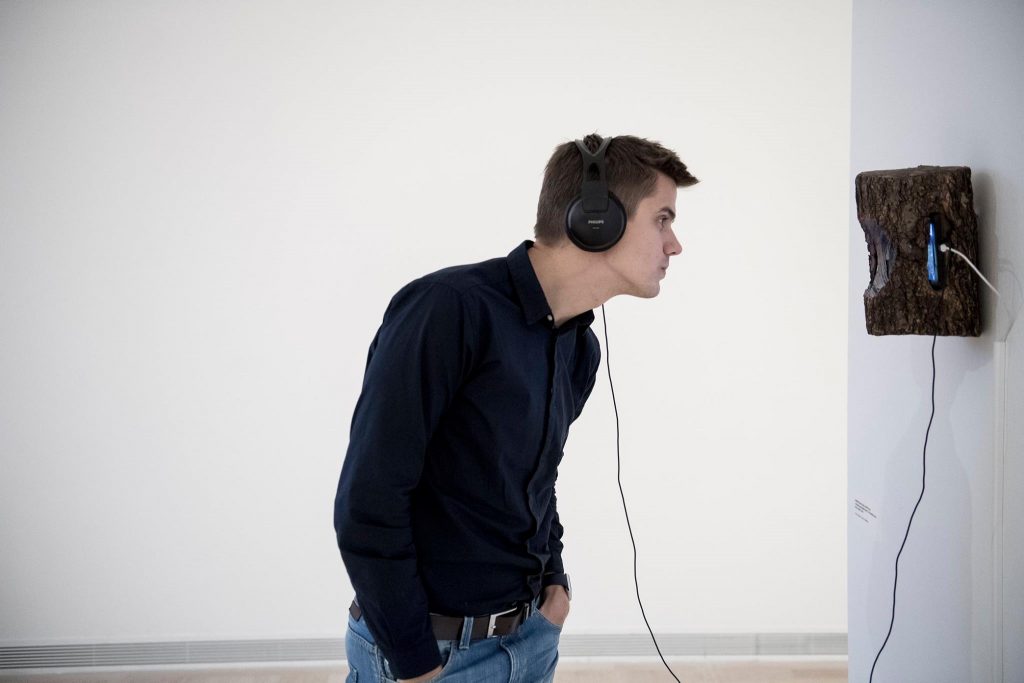
Eszter Sipos & Csaba Árpád Horváth: The Invisible Factory / Chapter 2. Exhibited at: Economize!, Ludwig Museum, 13th Oct. 2017 – 28th Jan. 2018. Curator: Katalin Tímár. Photo: Ludwig Museum
Our work reflects on the recent past, politics of memory, and its controversial relationship with the actual experiences, through the history of the transformation of an underground ammunition factory in Hungary. This project deals with Cold War memory by way of the sites of the era (bunkers, factories, and the built environment). The collisions of subjective and collective memory is recurring element of our work. The project commenced with an approach quite close to activism, but due to the secrecy of the subject, and the difficulty in gaining access to the site, we turned to a more lyrical direction. We confronted three positions: that of our generation; that of those who had formerly worked there; and the point-of-view of those who live there. We examine the potential for permeability between these three positions. We produced and worked up ten interviews for the film accompanying the project; we prepared a number of short films from the many hours of material that accumulated in the course of the in-depth interviews.
This chapter of our project was exhibited at two places almost at the same time. The Invisible Factory / Chapter 2. was also shown also at Off Biennale Budapest, with the same concept but with different installation.
